Pressing for Freedom: Letters in the Field is originally published in BroadAgenda, the official website of the 50/50 by 2030 Foundation. The series is simultaneously published in Malaysiakini (Malaysia).
Introduction
Nicole Curato
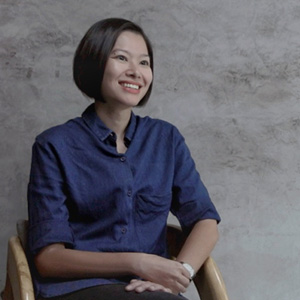
We are in trouble because press freedom in Southeast Asia is on the decline. A political commentator was shot dead in broad daylight in Cambodia. Nations are ruled by strongmen who openly declared journalists as enemies. Media organizations are shut down and journalists are arrested based on obscure legal justifications. There is no need to be alarmist, but we are in trouble.
We know what will happen if things do not get better. If the press is not free, power is left unchecked. If our journalists are silenced, the value of truth-telling is diminished.
But there is no need to be alarmed. On International Women’s Month, we at BroadAgenda put together a series of letters from the field, written by the region’s most insightful journalists.
These women’s message is simple: We’ve got this.
This series features 6 letters from Malaysiakini’s Annabelle Lee (Malaysia), Rappler’s Pia Ranada (Philippines), Prachatai Online’s Thaweeporn Kummetha (Thailand), Thai PBS’s Hathairat Phaholtap (Thailand), and freelance journalists Amanda Tazkia Siddharta and Febriana Firdaus (Indonesia).
Each letter tells stories of overt intimidation and subtle forms of silencing. The gendered dimension of these stories could not be more pronounced. In this series, we will read stories of powerful men ignoring questions from female journalists, military officers instilling fear in inquisitive reporters, religious fundamentalists declaring one an infidel for covering LGBT issues, and a sexist head of state banning a young journalist from coverage.
The letters are written by female journalists for female journalists, although these messages are also for anyone who cares about democratic politics.
We are reviving the art of letter writing because we believe in the subversive power of deeply personal reflections. They soothe anxieties in dark times. They inspire willfulness when it is time to act. They are reminders that the pressing for freedom is a collective yet deeply personal fight.
I learned a lot reading these letters. I learned that self-doubt is common, but quitting is not an option. I learned the power of women from different newsrooms coming together to demand answers when they are ignored. I learned that despots feel threatened by women who refuse to back off.
To all women fighting for press freedom, don’t let tyrants grind you down. We know they won’t win.
Nicole Curato (@NicoleCurato) is BroadAgenda’s guest editor for March. She is a senior research fellow at the Centre for Deliberative Democracy and Global Governance at the University of Canberra and holds Australian Research Council’s Discovery Early Career Research Fellowship for her work on democratic innovations in sensitive political contexts.
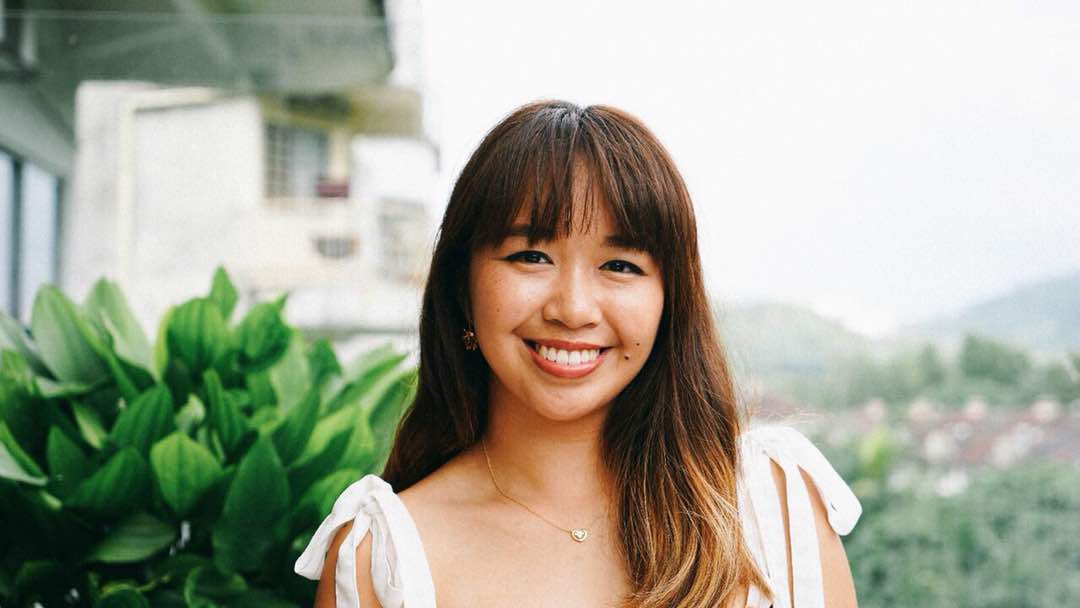
Freedom from self-censorship
Annabelle Lee | Malaysia
Hi there,
My name is Annabelle, and this March marks my first year as a journalist.
I work at one of the few independent newsrooms in Malaysia, a country ranked 144th out of 180 for press freedom last year (North Korea polled 180), where “mainstream media” is made up of mastheads owned by political parties that form the federal government.
When I began, I was repeatedly warned that I would be barred from events because of the supposedly “anti-government” organization I represent. I was also told to be prepared for catcalls and sexual innuendoes by virtue of being a woman in the “dirty” field of political reporting.
When an article revealed that male politicians sexually harassed some of my female colleagues, to my horror, our journalist union chief’s advice to female journalists was to not dress “sexy.”
“That’s just how things are,” I was told. Welcome to journalism.
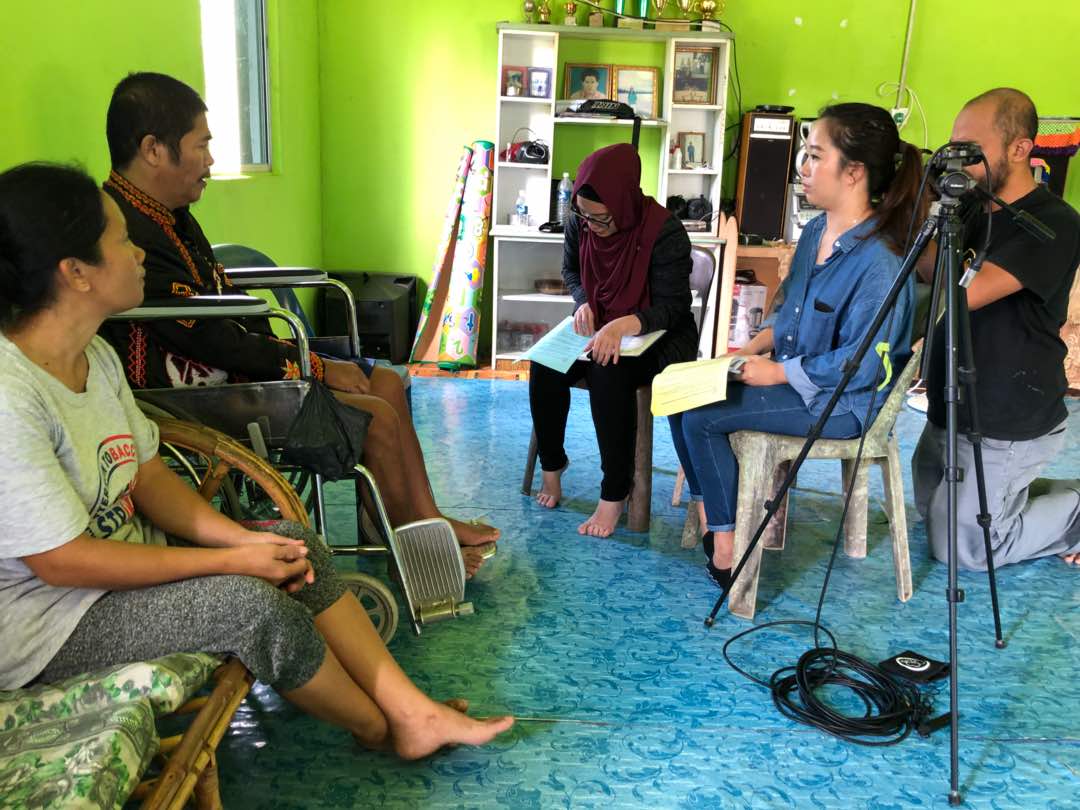
I was “lucky” when allowed into events I was assigned to cover. On more than one occasion, I merely smiled when inappropriate remarks were directed at me.
I would love to say I was unfazed by all this, but the truth is I was constantly considering self-censorship.
This negotiation was tiring and, frankly, suffocating. It distracted me from pursuing the truth and held me back from holding those in power accountable.
It wasn't until I shared my frustrations with other women in the field when I stopped worrying so much.
Despite being from different newsrooms, experienced female journalists encouraged me to press harder for answers when I considered holding back. They assured me that if anyone at work was inappropriate towards me, they would stand in solidarity as I reported it. Often, when on assignment together, we would work as a team to try and shake answers out from the powers that be.
I found a lot of comfort and strength in them. They became my mentors and friends.
Today, I don't feel like I am negotiating press freedom as an individual anymore. We are a tribe, and we are fighting both battles together – for press freedom and against a deeply patriarchal culture.
This International Women’s Day, my hope is that women work together to record history through journalism. Journalism needs to prove that it can be a trusted and relevant source of information at a time when "truth" is an increasingly contested concept.
And as Malaysia decides her 14th government this year, I urge my colleagues to band together as we push to deliver truth to the people.
In solidarity,
Annabelle
Annabelle Lee (@annabellybutton) is a journalist at Malaysiakini.com. She writes about current affairs and politics.
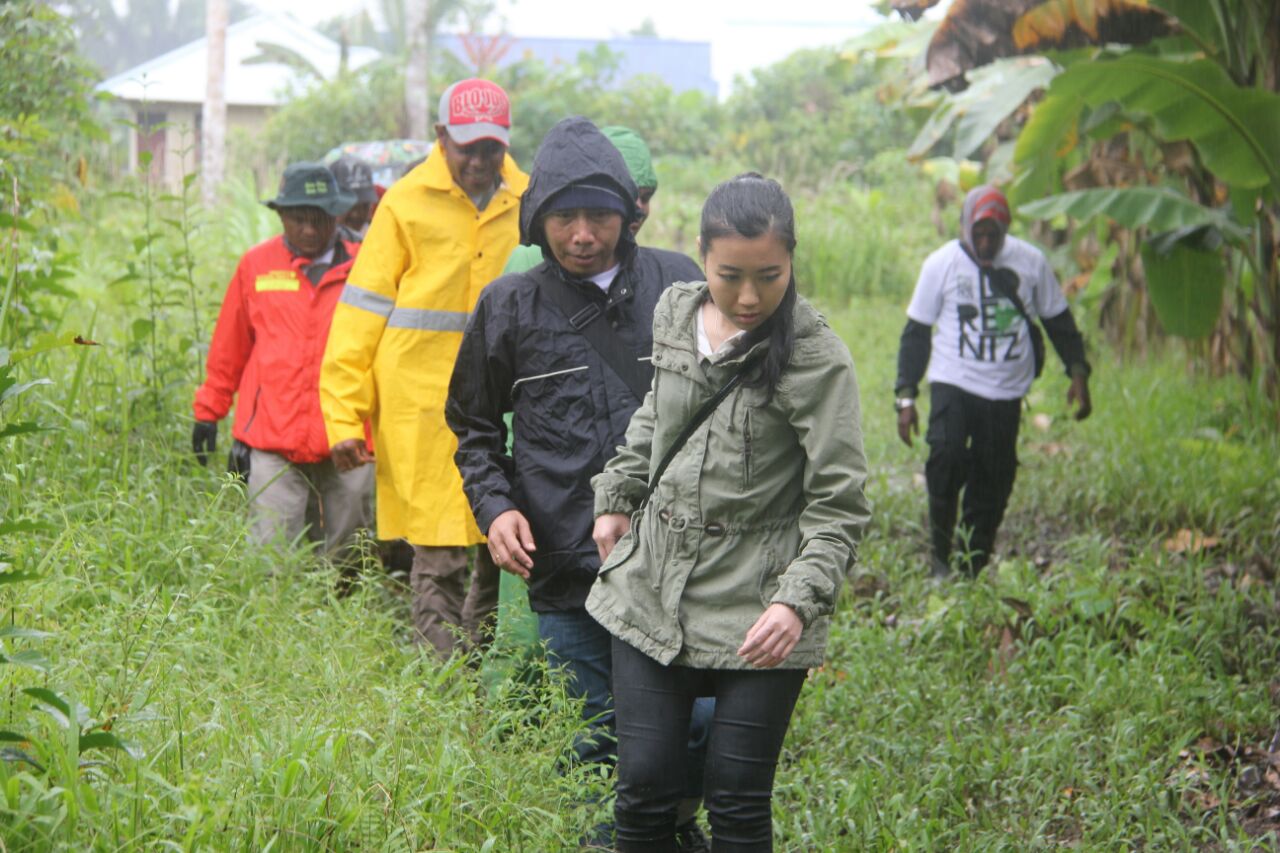
Freedom from self-censorship
Amanda Siddharta | Indonesia
Dear colleagues,
Have you ever stopped and wondered, as I have, if things could be different?
Can you imagine a situation where the places we live aren’t plagued by sinister attempts to silence us, where journalists aren’t being charged with espionage, where governments do not shut down independent news outlets for being critical?
Press freedom is under attack in ASEAN. This is the very reason why we need brave women like you.
At a time when fake news flood our Twitter feeds, the public relies on us to expose harsh social realities. Human rights violations, persecution of minorities, and climate change are issues of a global scale that demand action from our leaders. But these leaders are often too busy making or invoking laws that curtail our freedom to tell stories that move people to action.
But we try anyway. We know that integrity and fair reporting are critical not only to sustain a functioning democracy but also to ensure a just future.
I can only imagine how you go to great lengths in a profession that is often described as a calling. I know a lot of you went to the field, with your best foot forward, ready to face the risk of being harassed, attacked, or threatened with death. I know this because I see the passion in your writing. I know this because I have seen your confidence in pursuing a story, despite the limits imposed by the boys’ club of journalism.
Every attempt to rob us of our voice is a poignant reminder that we must stand together. We will be relentless in our pursuit of facts and commitment to ethical reporting. I know that you will, because you are all the very definition of courage.
I hope you, my sisters in journalism, do not ever doubt yourself. In difficult moments, know that we are here to support each other. All the sacrifice you have made in the name of freedom of speech will not be in vain. Your fight will be fruitful.
Yours sincerely,
Amanda Siddharta
Amanda Siddharta (@AmandaSiddharta) is a freelance journalist. She writes for a wide range of media, including the South China Morning Post and Reporting ASEAN.
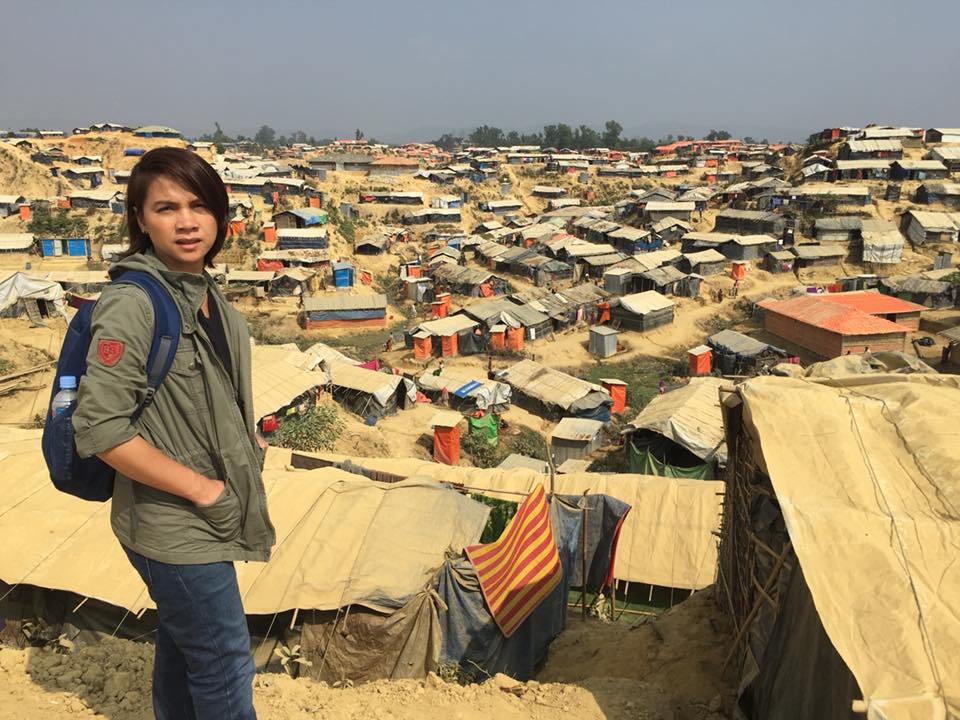
To bring truth is to bring peace
Hathariat (Wist) Phaholtap | Thailand
Dear colleagues,
My goal in being a reporter is to promote peace.
I have been covering stories of violence in Thailand’s Deep South for 5 years. I have grown tired and frustrated with what I have witnessed, but a story of a young woman, Khurosmor Tuwaebuecha, kept me going.
Khurosmor lost her husband, Abduldayib Dolah, in December 2015. A military group in the Pattani province detained him for they thought he was a member of the Runda Kumplan Kecilm, a militant Islamic insurgent group. He died after 26 days in detention. Khurosmor believes he was tortured.
I personally talked to Khurosmor on August 15, 2016. I met her 3 children, all of them in primary school age. She was also looking after her brother’s children – two boys – after he disappeared while under military custody.
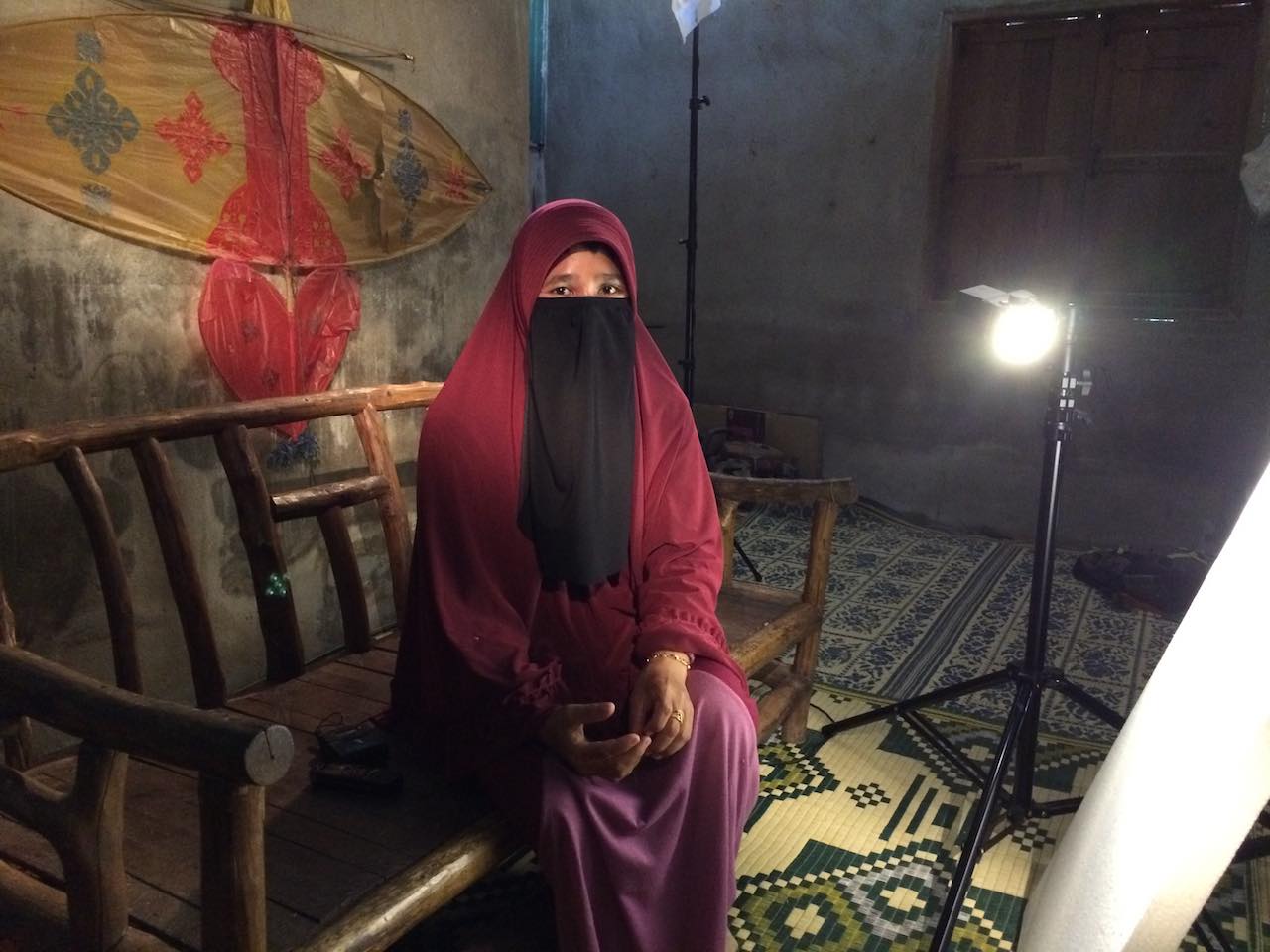
One can only imagine the fear and pain she was experiencing. But Khurosmor had the resolve to act and decided to sue the army. She lost in her first court case, but did not lose hope. She filed an appeal. Her family, she said, deserves justice.
As a journalist, I considered this story of prime importance. Hers is a story not of a victim, but of someone who fights even when the odds are stacked against her.
I did further research and found reports documenting over 60 people who had fallen victim to torture and human rights violations in Southern Thailand. Human rights groups documented cases of suffocation using a plastic bag and strangulation, among others. More than 6,000 people were under custody, justified under Thailand’s state of emergency laws.
I sought the side of a military spokesperson and the secretary general of the Southern Border Provinces Administrative Center. They denied the allegations of torture. They told me I got the wrong information, especially on torture. They told me not to report my story.
Their reaction was predictable. Politely, I told them I would like to help bring peace to the Deep South by doing my job as a journalist.
Inspired by Khurosmor’s courage, I continued investigating these cases. I read reports of Amnesty International, among others, and learned that the use of torture takes place in our neighboring countries, including Vietnam and the Philippines.
After writing the script and completing the shoot, I sent my package to the organization that commissioned my work. They told me to reconsider my story, perhaps change my script. They discouraged me from broadcasting my report for it portrayed a negative view of Thailand before the international community. I rejected this request. Media organizations are not public relations companies.
On August 28-29, 2016, my story went on air in the evening news program on Thai PBS.
I share this story with you because I think we share similar problems of violence, intimidation, and suppression of speech. But we know we cannot solve a problem by hiding facts. Violence, whether it is in Thailand’s Deep South or the Philippines’ secret detention facilities, cannot be eradicated without the press reporting these atrocities.
To bring truth is to bring peace.
Yours in solidarity,
Hathariat (Wist) Phaholtap
Hathairat (Wist) Phaholtap (@Hathai_Thai PBS) is a journalist for Thai PBS. She is best known for her work on human rights in Thailand.

To give up is unthinkable
Pia Ranada | Philippines
Hi,
I am Pia Ranada, a reporter for Rappler, a news website based in Manila. For almost two years now, I’ve been covering Malacañang and President Rodrigo Duterte.
In February, I was barred by the President from entering Malacañang, the Philippines’ Presidential Palace. A month before that, the government decided to revoke my company’s license to operate.
All this has happened in an environment of hostility toward a free and critical press. For as long as I’ve been covering President Duterte, I have been receiving death threats, rape threats, and verbal abuse in varying degrees of offensiveness from supporters of the President.
These online hate messages are complemented by insults, false claims, and thinly-veiled threats from President Duterte and other officials in Malacañang. The head of the presidential guard once told me I should have been thankful that one of his guards did not hurt me while I was pressing him for more details about the President’s order to ban me from entering the Palace.
I can take all the other attacks, but this ban from covering Malacañang has affected my work as a journalist. I can’t ask questions during press conferences in person. I can’t report from the actual event of interest. I have limited access to sources of information.
But to give up is unthinkable.
I live in a society where a charismatic president is weakening democratic institutions. The critical press cannot afford to be cowed. We need to keep writing. We need to keep asking questions. We need to keep government on its toes.
What keeps me going are words of support and encouragement from complete strangers. They take the time to approach me and let me know they appreciate what we are doing. Some are scared to openly support us because of what might happen to their media company or to their jobs. This gives me more of a reason to keep reporting.
We need to be strong for people who can’t be.
Yours,
Pia Ranada
Pia Ranada (@piaranada) covers President Rodrigo Duterte for Rappler.com.
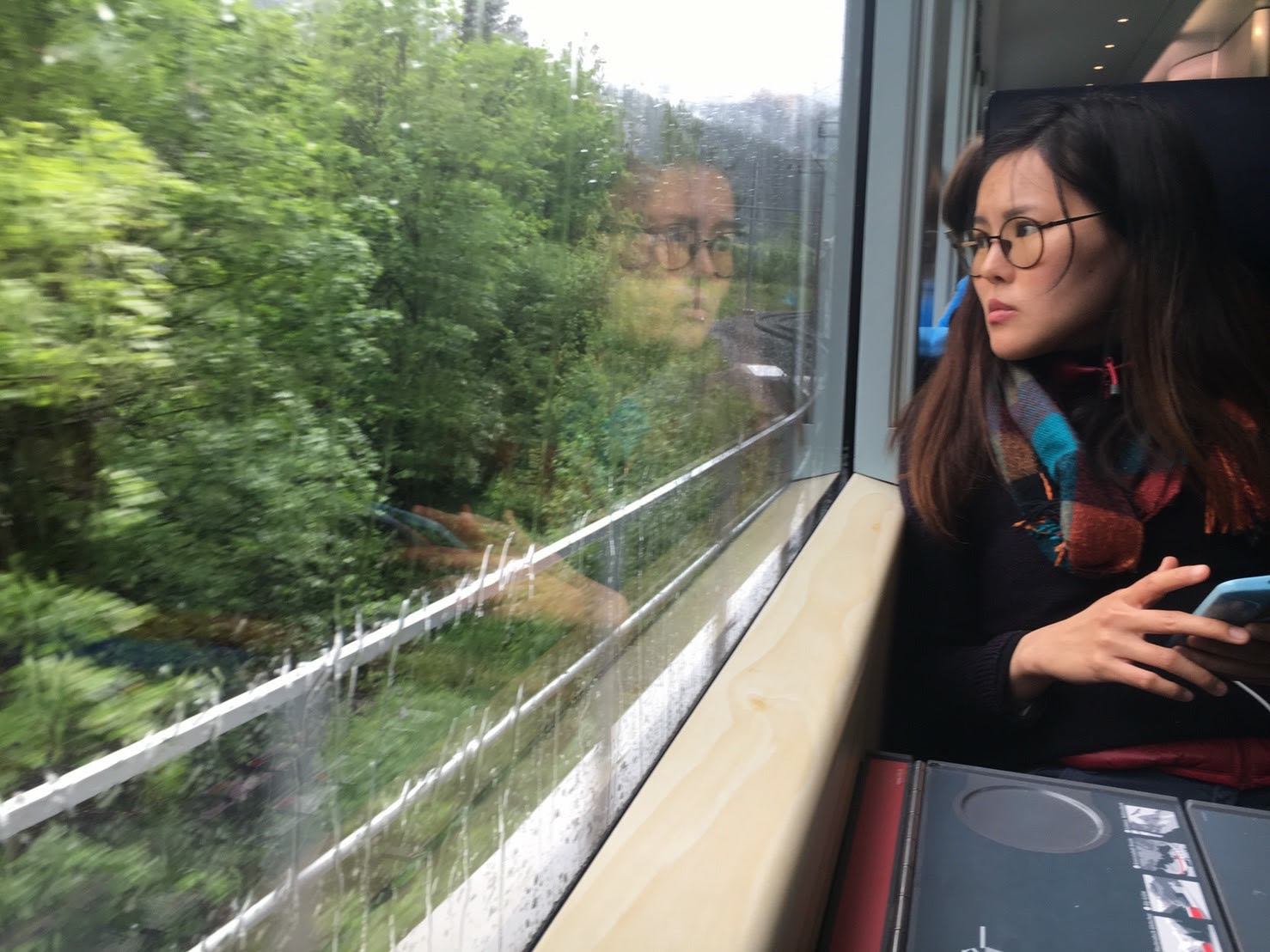
The duty to overcome fear
Thaweeporn (Am) Kummetha | Thailand
Dear fellow human rights defenders,
I know you are discouraged and tired. We are in the era of de-democratization, where once prosperous democracies are now under the rule of authoritarian leaders.
This is very true for Southeast Asia. Threats to human rights and press freedom come from many sources – from authoritarian regimes to corporations to religious fundamentalists.
I know you need encouragement. So do I. Here’s my proposal: how about we get reacquainted with our younger selves to remember why we do what we do today?
My passion for seeing an equal, free, and peaceful Thai society has been the driving force for my career in journalism. Inspired by John Stuart Mill’s Marketplace of Ideas when I was 20, I started to question the society where I grew up. I questioned the harsh sentences of the lèse-majesté law, which had been mainly used to silence pro-democracy advocates in Thailand. These injustices inspired me to campaign for freedom of expression.
At 25, I quit a well-paid, secure job for a lower-paid, less secure job at Prachatai, an independent news organization renowned for its commitment to human rights. I reported about people who are harassed, arrested, and facing charges because they spoke up against authorities.
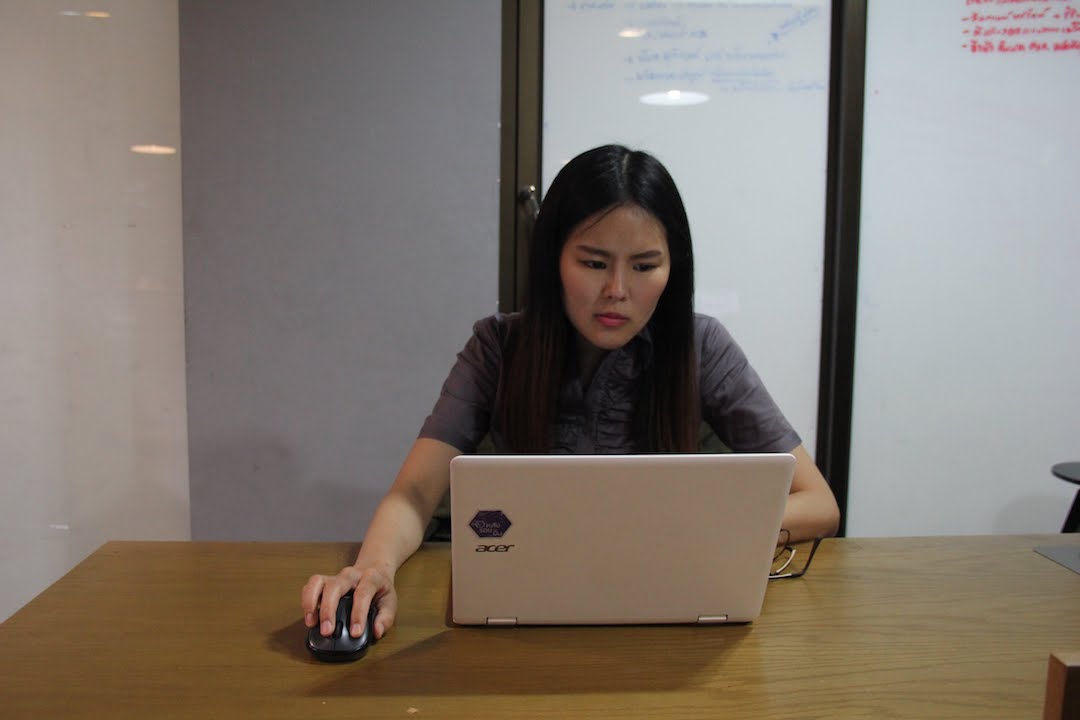
Journalism, I believe, not only creates awareness but also pushes the boundaries of what cannot be said in this society. Our work speaks to the international community so that the problem Thailand faces would not go unnoticed.
But there are moments when I feel that my work had zero impact. Thailand experienced its 12th coup d’état in 2014. More people were arrested for their political expression in its immediate aftermath.
Three years ago, I became a subject of military harassment. The military persistently intimidated my parents and threatened to file a charge against me for disobeying the military and violating the lèse-majesté law. Even when I lived in the United Kingdom for my master’s degree, the military kept harassing my parents until early 2017.
I felt nervous after the incident. I censored myself for a couple of years to avoid trouble. It did not only affect my career but affected me on a personal level. I questioned my life goals. I paused to think whether my career in journalism was worth pursuing.
But quitting is not an option. We have a duty to overcome fear.
Military men’s intimidation of female journalists will be successful if I fail to overcome my worries and self-doubt. Quitting fails my younger, passionate self.
It is okay to feel intimidated and discouraged, but we should not let that fear overshadow us for too long. We still have a long way to go in the fight for press freedom.
In solidarity,
Thaweeporn (Am) Kummetha
Thaweeporn (Am) Kummetha is a journalist at Prachatai.com/English. She is best known for her work on Thailand’s southern violent conflict.
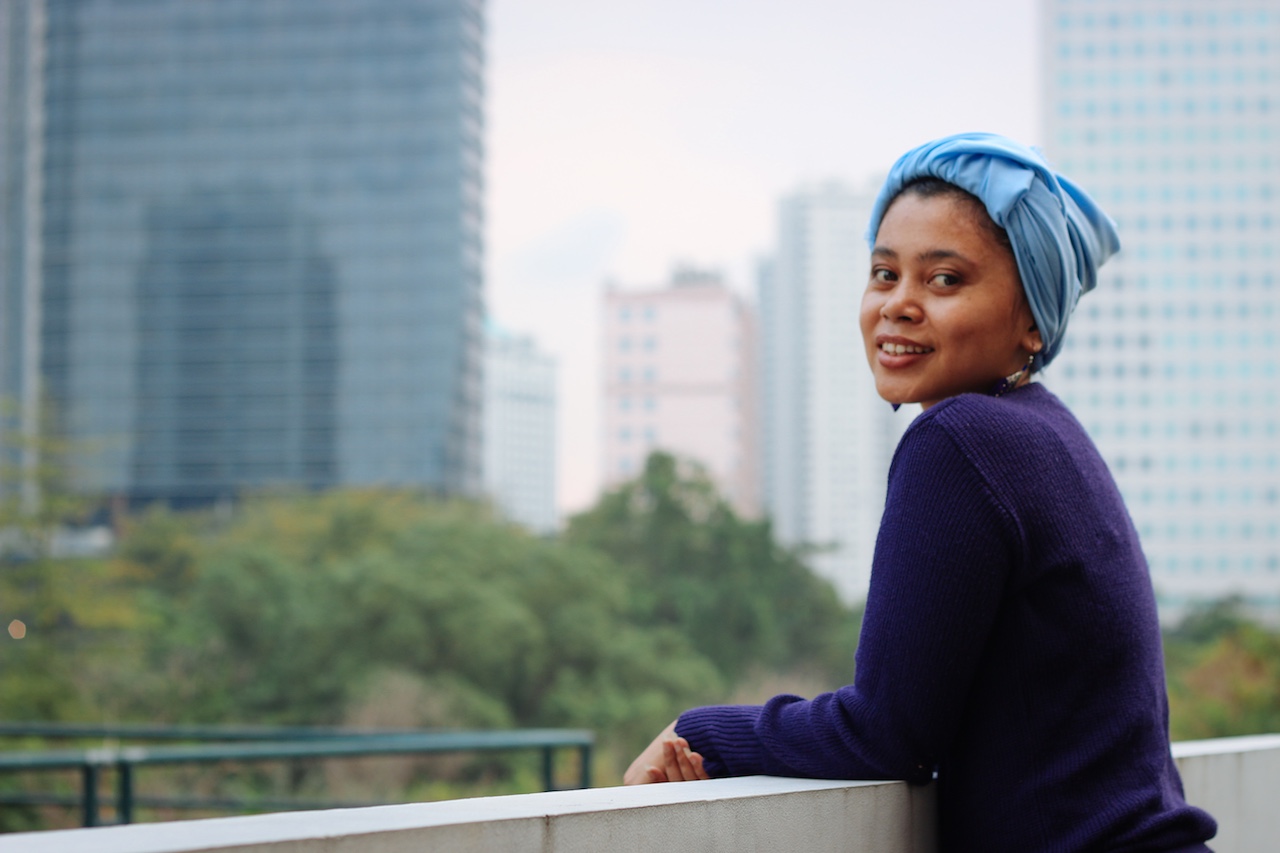
Journalism is my religion
Febriana Firdaus | Indonesia
To my sisters in journalism,
We all know that journalism is a thankless job.
Journalists are expected to bear witness to the most important stories of the day, but when we report on uncomfortable issues – whether it is human rights violations, ultra-nationalism, or religious bigotry – we are on the receiving end of harsh criticism.
I’m sure you have your own stories about this. Here are some of mine.
I was once called an infidel for writing a story about the LGBT crackdown in Indonesia. Why would a hijab-wearing Muslim journalist defend the LGBT community? LGBTs are haram, I was told.
When I wrote about the 1965 massacre in Indonesia – one of the country’s darkest moments – I received death threats online from the followers of Islamic Defender Front. I was accused of being a neo-communist, which compromised my safety. I had no choice but take a couple of months off from my work.
These experiences are not unique to me. One of my colleagues has got it worse, when, after criticizing a Muslim cleric, she was bullied by the “Muslim cyber-army” and left with no choice but to resign.
Outside Indonesia, we hear stories of religious fundamentalism that compromise press freedom. Our colleagues from Myanmar – Wa Lone, 31, and Kyaw Soe Oo, 27 – have been accused of breaching the country’s Official Secrets Act, a little-used law from colonial rule, after reporting the crisis that erupted in Rakhine State.
Of course, I don’t believe that religion is the issue. The issue is when religion is used by autocrats and self-interested politicians as a political tool.
In times like this, we need inspiration. I take mine from Andreas Harsono, who declared, “My religion is journalism.” If we adhere to journalism’s code of ethics, we have nothing to fear.
Chasing the truth, being skeptical with any and all groups, exposing oppression, giving voice to the voiceless – all these are part of our commitment to truth-telling.
And to tell these stories is both a right and a privilege. It is a right because citizens are entitled to receive information. But it is also a privilege for us journalists to be the messengers of stories of fundamental value.
A senior colleague told me that there is no story that is worth staking our lives for. There are more stories to tell, and we could not do this if we are burnt out. So, take a rest and pace ourselves. Let’s look after each other. And we keep pushing on.
Sincerely,
Febriana
Febriana Firdaus has been working as an investigative journalist in Indonesia for 10 years. Her work has been published in Tempo, Rappler Indonesia, TIME, BBC Indonesia, Jakarta Post, Vice Indonesia, The Interpreter, Lowy Institute, New Mandala, and DW Indonesia, among others.
– Rappler.com